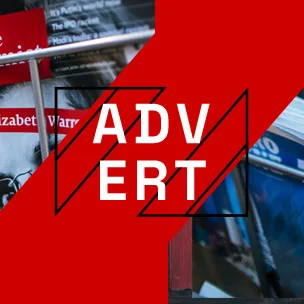National Council for the Fight Against Corruption Conducts Third Session
The third session of the National Council for the Fight against Corruption convened to address critical challenges in the battle against corruption, the progress made thus far, and future plans for enhancing prevention and sanctioning mechanisms.
During the meeting, council members deliberated on priority actions to fortify the institutional response to corruption, notably through increased institutional transparency, better oversight mechanisms, and strengthened collaboration with both domestic and international partners. The existing legal frameworks were scrutinized to pinpoint where further enhancements in regulatory and institutional capacity are necessary.
A significant focus was on crafting a regulatory framework that would facilitate systematic oversight of the lifestyle, income, and assets of inspectors. This initiative is intended to ensure their professional and ethical accountability while also cleansing institutions of corrupt practices. Such actions would bolster public trust in oversight bodies and diminish opportunities for abuse.
The session also explored Montenegro’s participation in the Istanbul Anti-Corruption Action Plan, an international initiative aimed at enhancing anti-corruption policies. This mechanism includes a thorough assessment of the system, sharing of best practices, and regulatory updates in line with international benchmarks. The Council underscored the significance of this initiative in strengthening institutional resilience against corruption and enhancing cooperation with international partners.
A critical topic of discussion was the execution of recommendations from the Group of States against Corruption (GRECO). It was agreed that the Action Plan would outline specific steps to implement these recommendations. This process is vital for aligning Montenegro’s legal framework with European standards and bolstering integrity within the public sector.
Furthermore, conclusions, recommendations, and directives were established regarding the introduction of anti-corruption conditions, restrictions, and vetting processes for individuals in top executive roles. These measures, in line with GRECO’s recommendations, aim to fortify integrity and prevent individuals who have previously violated anti-corruption laws from occupying such positions again. This demonstrates Montenegro’s firm commitment to reform and the eradication of all forms of corruption and misconduct.
The National Council for the Fight against Corruption reiterated the necessity of consistently implementing the Anti-Corruption Strategy and its accompanying Action Plan, including ongoing monitoring of their execution, which is already in progress. It was agreed that efforts to enhance prevention, oversight, and sanctioning mechanisms will be intensified in the immediate future to further strengthen the institutional framework and ensure the effective application of anti-corruption measures.
The Council will persist in monitoring the execution of these and other initiatives designed to promote integrity, accountability, and the rule of law. It will remain a vital platform for coordinating activities in this domain, including organizing thematic sessions to address areas with the greatest risk of corruption and pinpointing effective methodologies for combating corruption.



